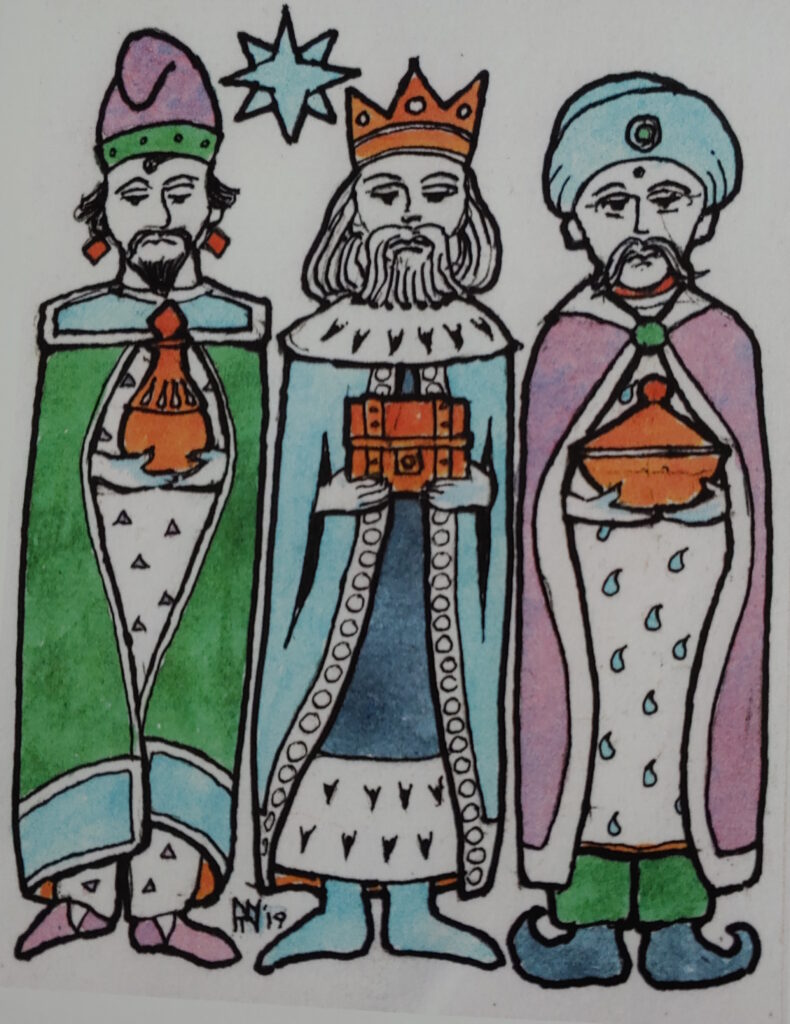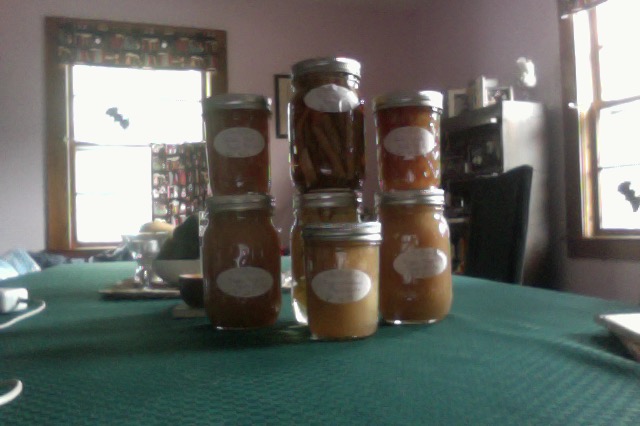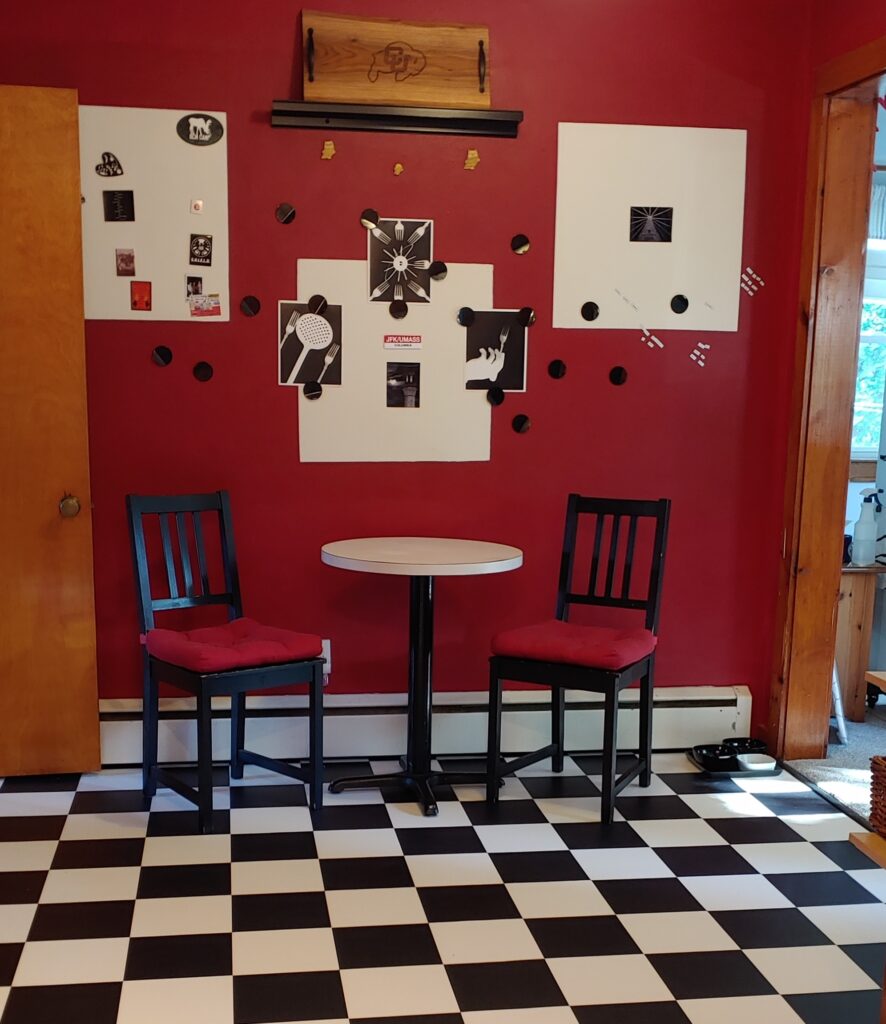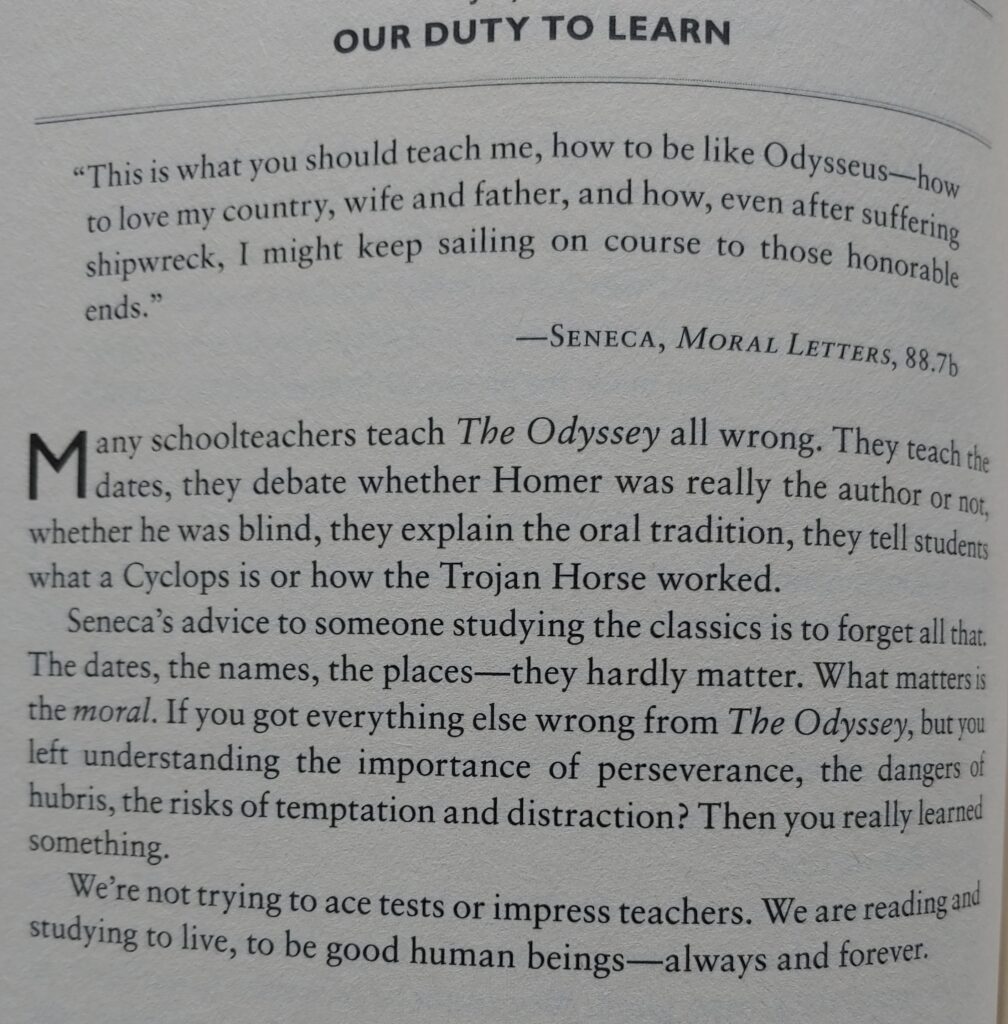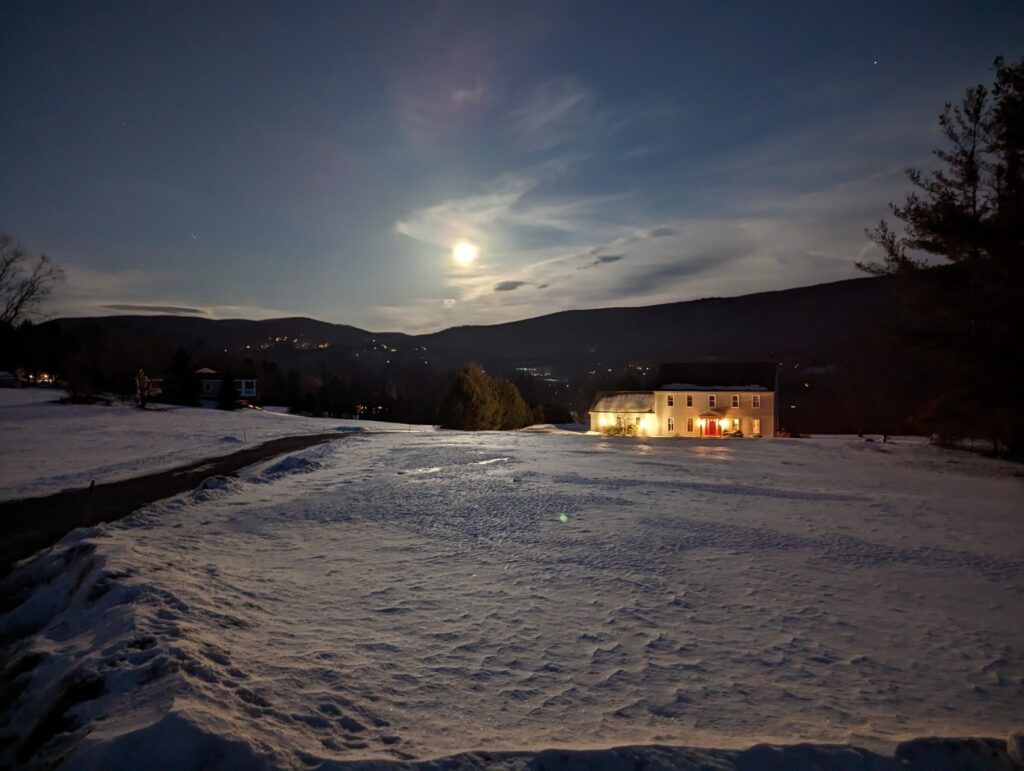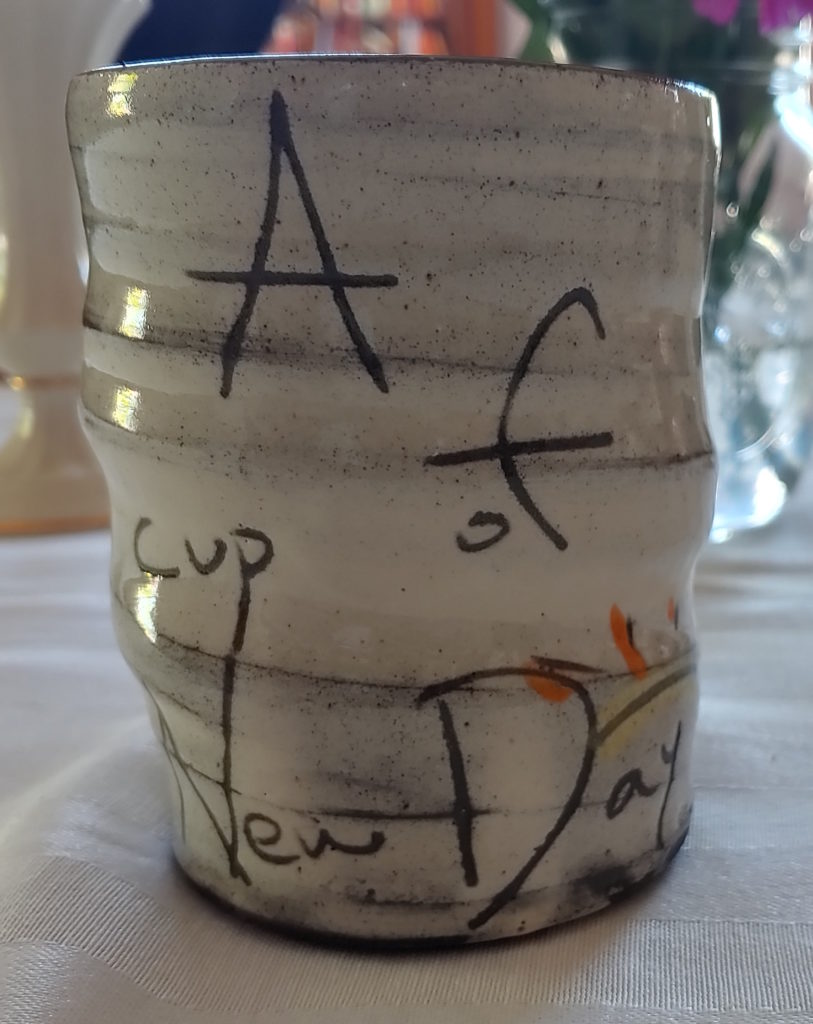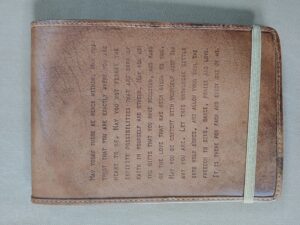I turned sixty yesterday, and today I took down the Christmas decorations and tree. It’s a yearly task, getting back to the usual decor by removing the Advent and Christmas extras. It’s also a task that I put off until after my birthday – it’s a wonderful thing to have twinkling lights and birthday candles as I begin my new natal year.
Going through the ornaments as I put them in boxes and bins is a walk into the past; baby’s first Christmas ornaments for both of my sons, the sparkly drummer boy on a crescent moon that my parents bought in the late 1970’s, the star tree topper that my older son chose, and the angel my mother-in-law gave me after my engagement that my younger son prefers. They are markers of the people I love and the time I spent with them as much as they are decorations.
I’m not one of those who wants to keep Christmas decorations up for more than three or four weeks. They are meaningful because they aren’t permanent parts of my living space. And it helps me to separate the cultural holiday that I enjoy – presents, Christmas music, decorations – from the miracle that is God-With-Us.
Putting away the decorations while doing my best to live in the grace of the incarnation through the year is a visual reminder that Jesus/God With Us is not an object in my world, no matter how wonderful and holy: I am a beloved child in God’s world.
